EC assessed that there have been positive changes.
Regarding the solution to remove the European Commission's (EC) yellow card on fisheries exploitation, Minister of Agriculture and Rural Development Le Minh Hoan reported to the National Assembly Standing Committee's question-and-answer session next week.
According to Minister Hoan, IUU fishing is one of the most serious threats to the sustainable exploitation of biological resources, especially marine biodiversity. The EC issued Regulation No. 1005/2008 on establishing a community system to prevent, deter and eliminate IUU fishing, effective from January 1, 2010.
On October 23, 2017, the EC announced the application of a “yellow card” warning measure for Vietnam’s seafood products exported to the EU market. Despite actively organizing and implementing tasks and synchronous, drastic solutions to combat IUU fishing, and the results were highly appreciated by the EC, with positive changes noted, but after 6 years, our country has not yet removed the IUU yellow card.
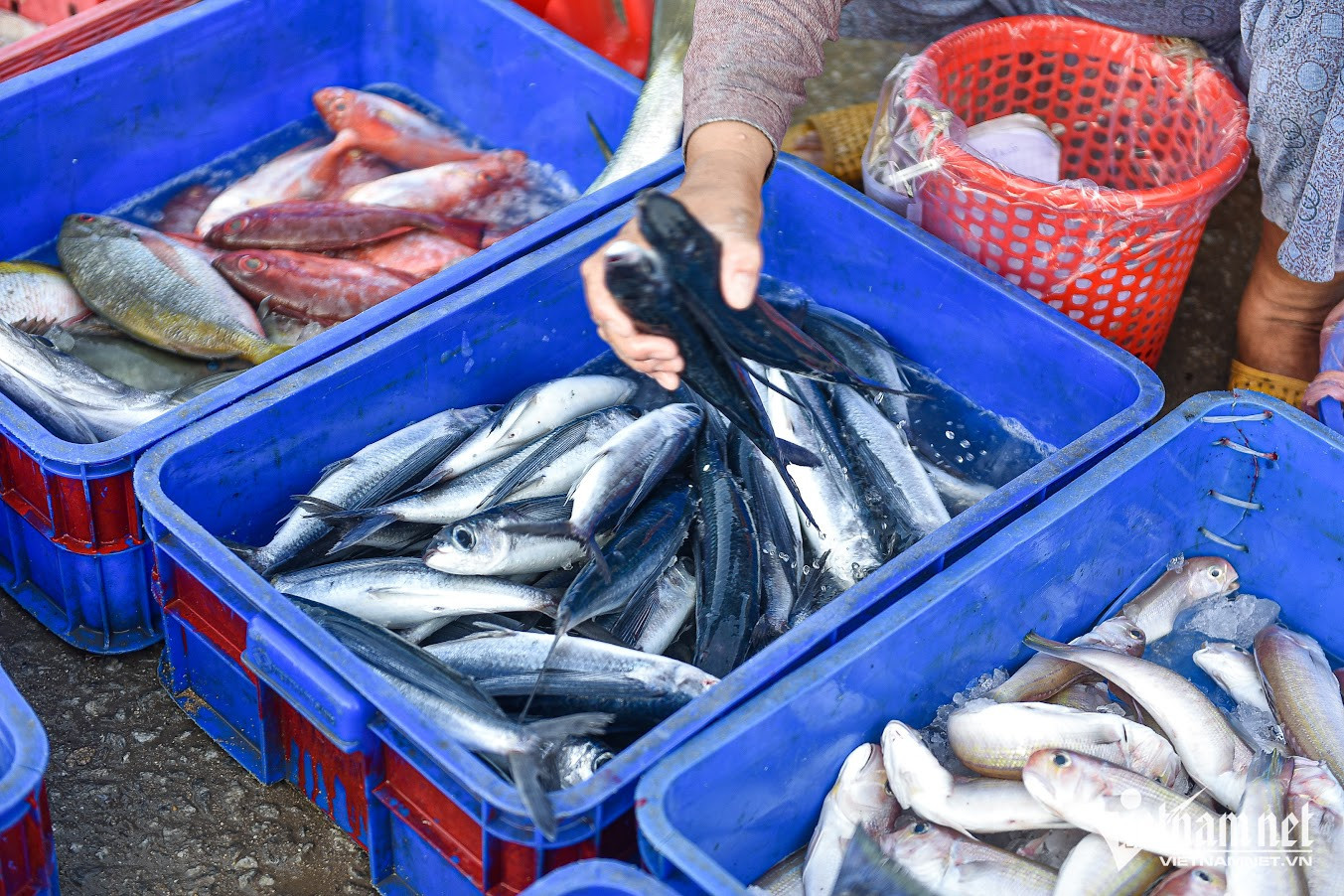
Minister Hoan pointed out that the situation of Vietnamese fishing vessels violating foreign waters to fish illegally is still complicated, and the EC affirmed that it will not remove the "yellow card" warning if this situation does not end.
In addition, the work of confirming and certifying the origin of aquatic products from domestic exploitation, especially imports, still has many shortcomings and inadequacies, and has not yet met the EC's traceability requirements. The handling of IUU fishing activities is still limited.
After the third inspection (October 2022), the EC continues to recommend implementing 4 groups of issues including: legal framework; fleet management, monitoring, inspection and control of fishing vessels; traceability and law enforcement.
Focus on handling IUU violations
To remove the IUU yellow card warning, in the report, Minister Le Minh Hoan presented solutions.
Firstly , take strong and resolute measures to prevent and not allow fishing vessels to illegally exploit seafood in foreign waters.
Accordingly, relevant ministries, sectors and localities need to focus on patrolling, inspecting and controlling fishing vessels operating at sea; especially in the bordering, overlapping and undemarcated sea areas between Vietnam and related coastal countries, areas with a high concentration of fishing vessels operating on seafood exploitation and on islands, river mouths, inlets, flats, etc., where there is a potential risk of unregistered vessels, vessels without fishing licenses, and vessels not equipped with VMS equipment.
Inspect and control 100% of fishing vessels entering and leaving ports through coastal border posts/stations to ensure that they meet all the prescribed conditions when participating in fishing activities. If fishing vessels that do not meet the conditions are still confirmed to enter and leave ports to participate in fishing activities, the commander of that unit shall be responsible before the Ministry of National Defense and before the law.

Investigate and thoroughly punish cases of illegal fishing in foreign waters; in cases where there is sufficient basis for criminal proceedings, conduct investigations and prosecutions in accordance with the law.
Individuals and organizations that act as brokers or liaisons to bring Vietnamese fishing vessels and fishermen to illegally exploit seafood in foreign waters also need to be investigated, handled, and prosecuted.
The Ministry of Foreign Affairs strengthens coordination with ministries and branches to speed up negotiations, signing, and demarcation of overlapping and undemarcated sea areas between Vietnam and other countries; and determines the permitted boundaries for seafood exploitation in the areas.
The People's Committees of coastal provinces and cities shall coordinate with the Ministry of National Defense to prevent local fishing vessels from illegally exploiting seafood in foreign waters. If violations continue to occur, they shall be held responsible before the Prime Minister. At the same time, they shall grasp all information on fishing vessels at high risk of violating regulations and assign specific responsibilities to each organization and individual for monitoring and management.
Strictly prohibit traders, warehouses, facilities and enterprises from purchasing aquatic products exploited from fishing vessels that violate IUU; regularly inspect, resolutely handle, conduct investigations and criminal prosecution according to regulations for cases of violations and intentional collusion to do illegal business.
Second , trace the origin of exploited aquatic products; control imported exploited aquatic products, especially imported by container ships.
Third , focus on handling IUU violations. Law enforcement forces increase patrols, inspections, controls, and strictly handle IUU violations; resolutely prevent and strictly handle fishing vessels that are not qualified to participate in fishing activities.
Investigate, verify, and penalize 100% of cases such as: fishing vessels disconnecting VMS equipment for more than 10 days, frequently disconnecting while operating at sea, crossing maritime boundaries; units providing equipment to monitor fishing vessels not complying with regulations on installation, providing warranty services, and repairing damaged VMS equipment for people.
Regularly inspect public services, promptly rectify, review responsibilities, mobilize and rotate incompetent officials; resolutely and strictly handle organizations and individuals who fail to fulfill assigned duties and tasks, do not comply with the direction and guidance of superiors, affecting the country's efforts to remove the "yellow card" warning.
In addition, strictly handle violations of traceability records at organizations that monitor seafood exploited through ports, confirm and certify the origin of exploited seafood, and businesses that import, purchase, process, and export exploited seafood to the European market.
Revoke or suspend business operations of enterprises, remove them from the list of designated fishing ports that are qualified to confirm the origin of aquatic products exploited in violation of IUU regulations; in cases where there is sufficient basis for criminal proceedings, investigation and prosecution.
Fourth , strengthen communication work, improve coordination efficiency, and ensure resources.
Fifth , fisheries associations and seafood exporting enterprises need to resolutely refuse to purchase, process and export seafood products originating from IUU fishing; provide information and strictly handle seafood enterprises that operate illegally, legalize documents and assist in IUU fishing.
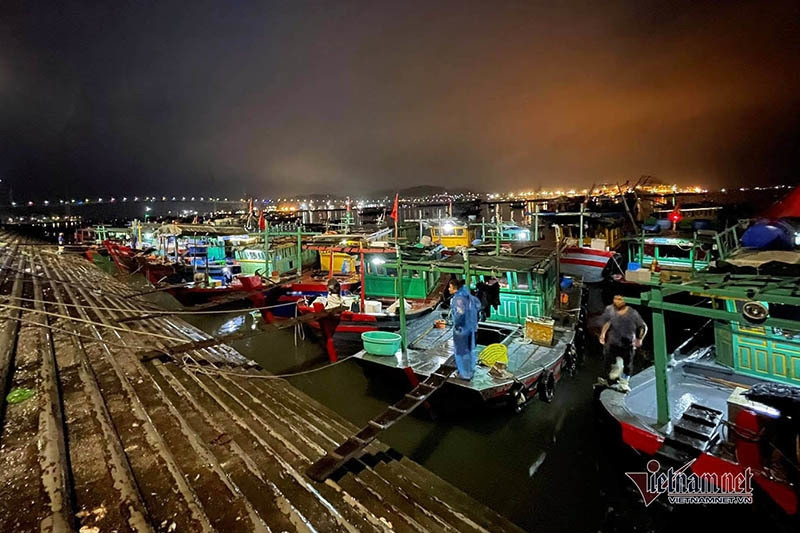
Source


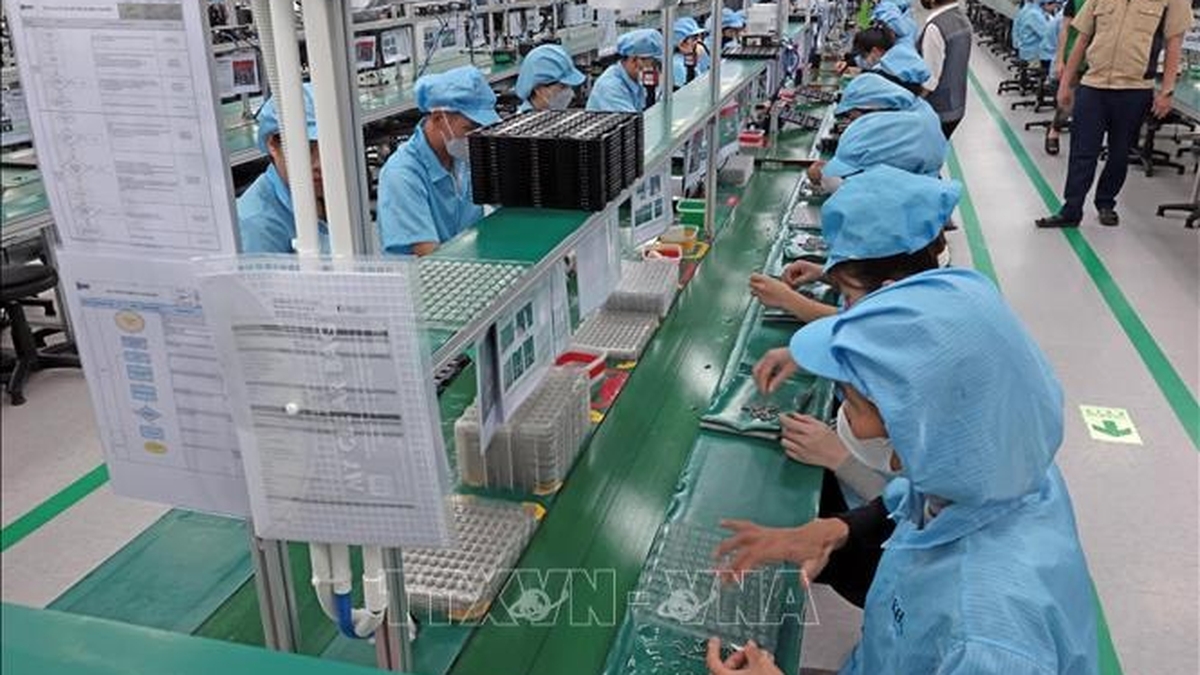






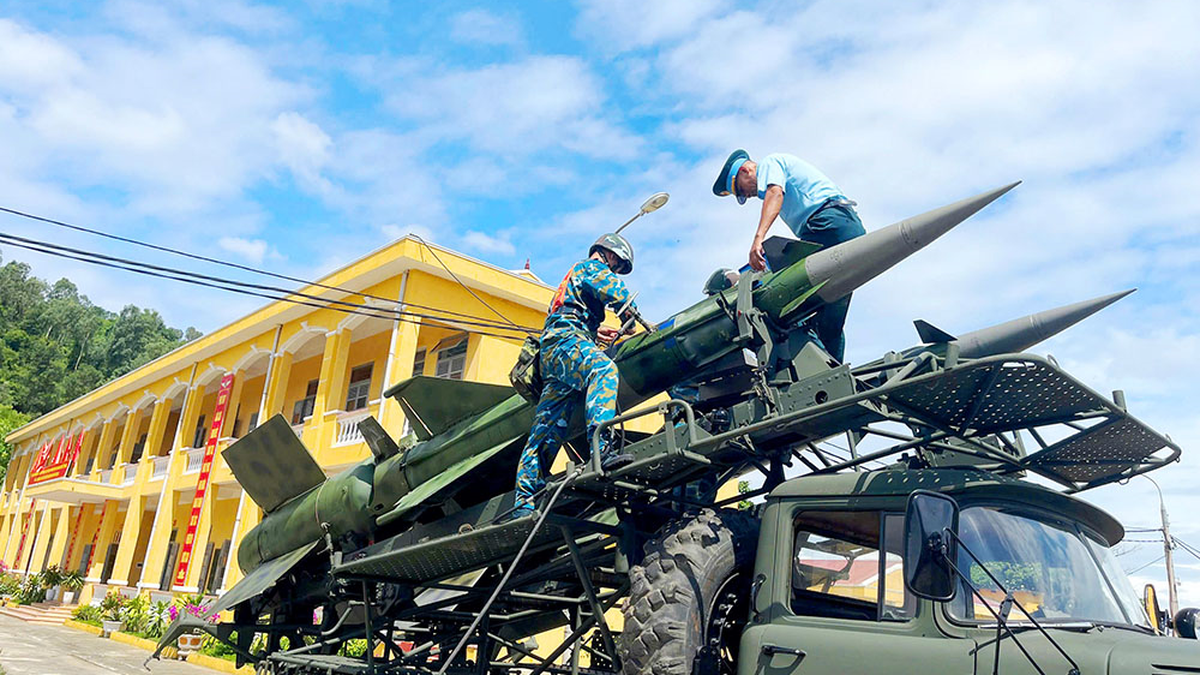
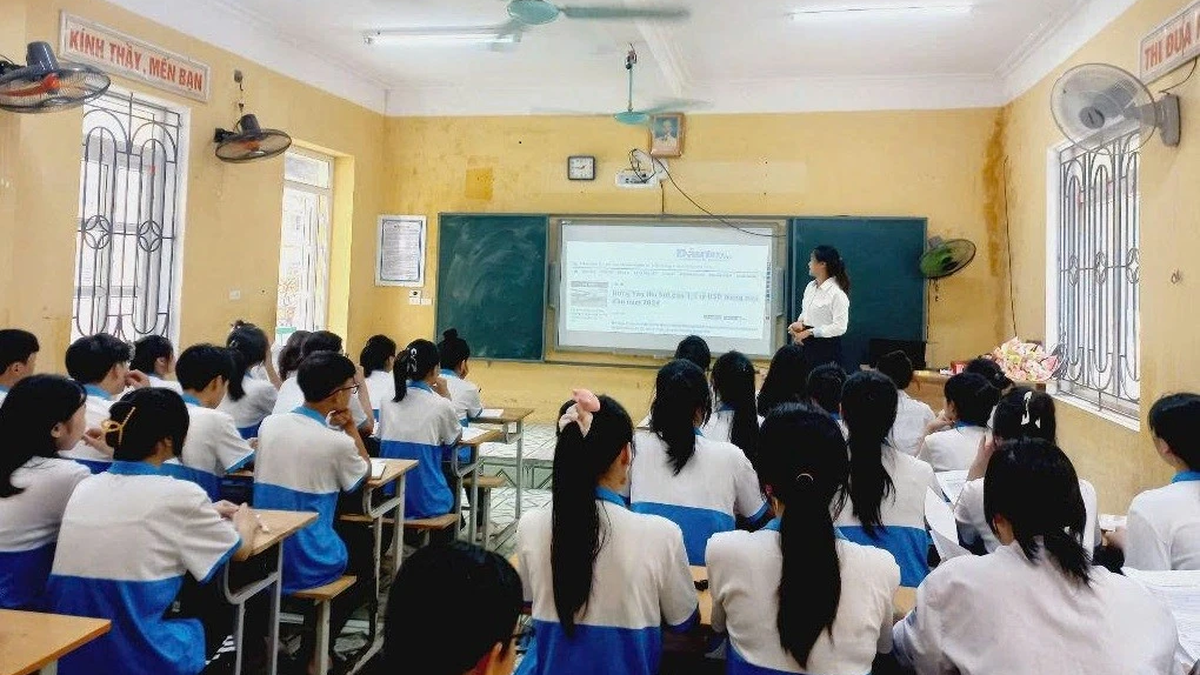



















![[Photo] National Assembly Chairman attends the seminar "Building and operating an international financial center and recommendations for Vietnam"](https://vphoto.vietnam.vn/thumb/1200x675/vietnam/resource/IMAGE/2025/7/28/76393436936e457db31ec84433289f72)






























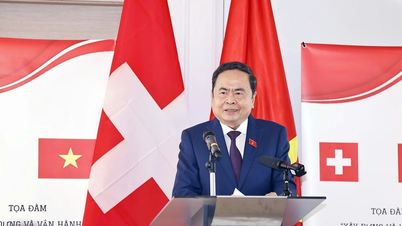









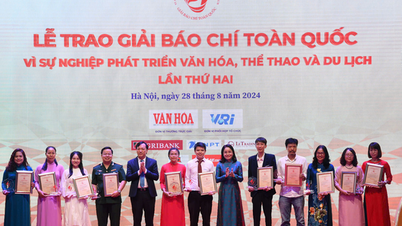



























Comment (0)